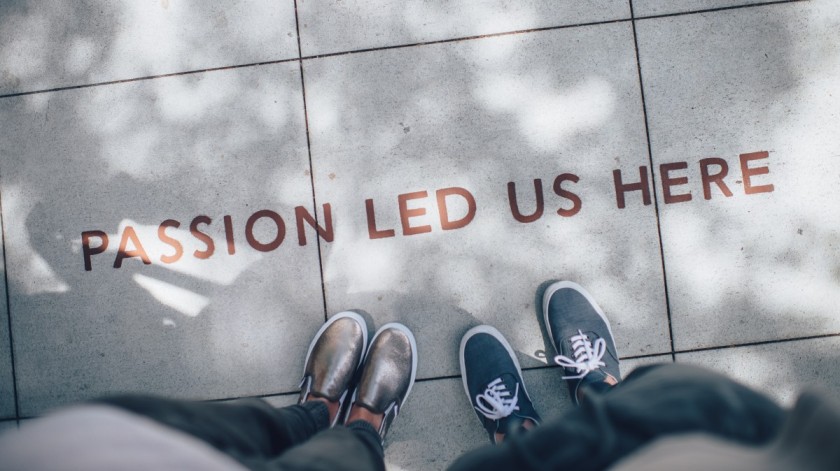
I have the absolute pleasure of hosting the incredible Cory Doctorow in Waterstones Manchester on Wednesday 31st May at 1830.
Cory I have known for a long while through many different events and through friend. His books are simply another level, from the fictional works to the deeply powerful non-fiction ones.
There is so much to be said starting with the book of course. Now to be honest, I heard most of Cory’s books via audiobooks. However my ever so sweet partner has offered to read me red team blues, which is great because its a really good opportunity to talk about the tech/rights/data side of things which we have only touched a couple of times.
You can sign up to the conversation with myself and Cory on the waterside site. Expect a real fascinating evening of wonder and conversation covering a lot of what makes Cory … Cory.
Cory will be signing books too, so bring your questions and books.
Little update…
Of course Cory has other upcoming appearances in the UK, not just Manchester
Red Team Blues event with Tim Harford in Oxford, Monday May 29th
https://www.eventbrite.co.uk/e/cory-doctorow-red-team-blues-with-tim-harford-tickets-574673793787
If you are in London UCL have Peter Kirstein on Thursday June 1st
https://www.eventbrite.co.uk/e/peter-kirst



 Photo by
Photo by 







